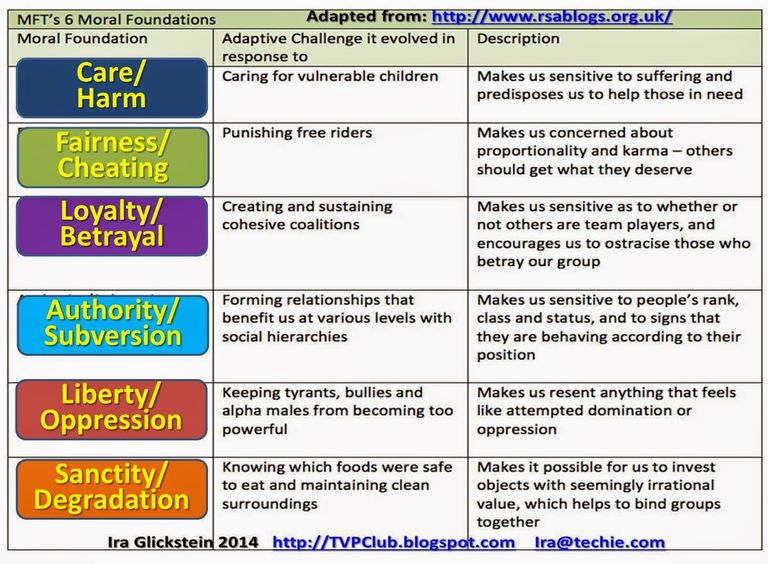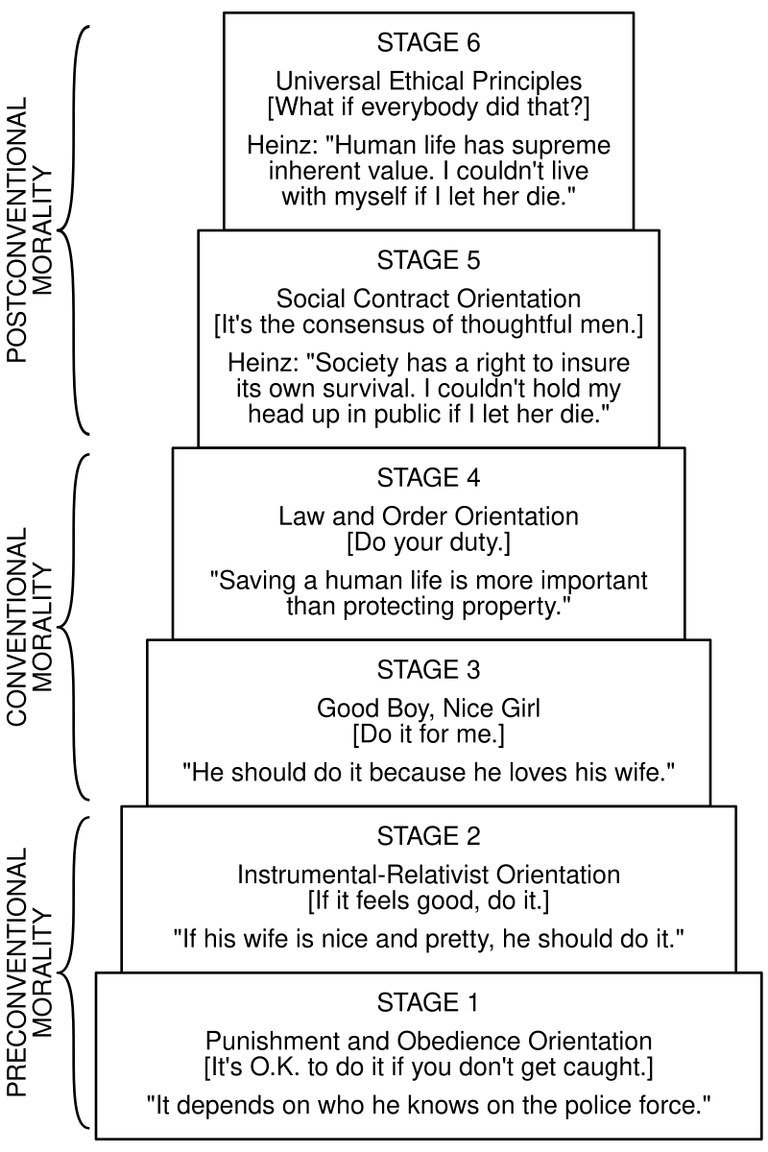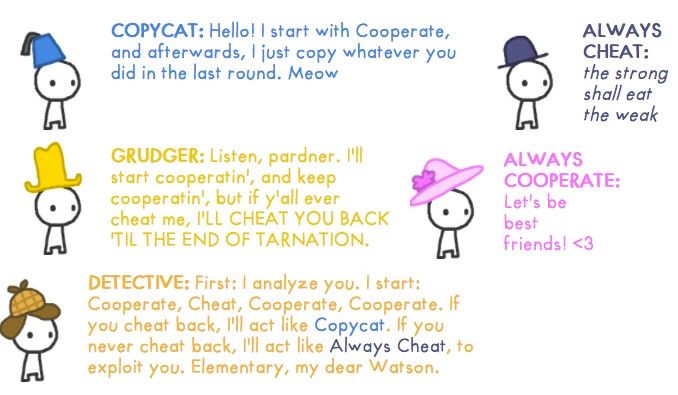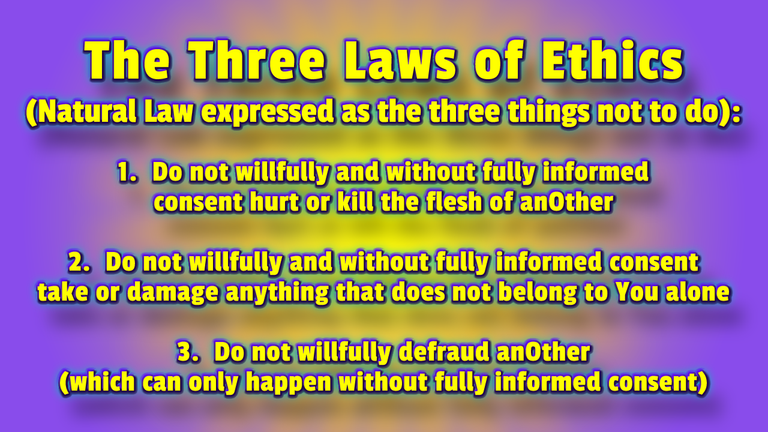
image source generated by me with: https://leonardo.ai/
What is morality? Is it objective or subjective? What are your morals, and where did they come from? Let's look at these issues.
The famous internet thought experiment called the trolley problem posed a scenario where an individual is given a choice to pull a lever which would divert the path a trolley would take at a fork. On one side of the fork are five people, and on the other is a single individual. Pulling the lever would spare the 5 and kill the 1. What 'ought' you do? Regardless of one may think they would do in this situation, some researchers believe that most of us would freeze, but that we would produce great post-hoc reasons for our inaction. This scenario was tested in real life at least once here:
The results were that many people did, in fact, freeze, though a few did choose to divert the trolley. This experiment has its flaws: a sampling bias since it specifically screened for certain individuals and against others, and perhaps a small sample size, as well as a scenario that was a bit more reliant upon the existence of another authority figure (the conductor) which may have skewed the test subjects' perception of their own responsibility in the scenario. Nonetheless, it provokes some questions about ethics in general. Let's start with attempting to answer one of the classic questions on morality.
So we shall begin by defining morality as a set of rules that one ought or ought not factor in to their decision-making, and move on to the next question.
Is morality objective (universal, independent of definition from individuals and groups) or is it subjective (the opposite)? Reality will show that some standards are objective, and/or subjective. The assumption that some morality is objective can only be true if there are forces that make this so. In the case of theists, this force would usually be God/s (though is God not considered to be an individual?). In the case of atheists, this force would be the material world (which some theists would see as an extension of God/s). In the case of the theist, God/s state what is right and wrong, and God/s are the enforcers of these laws. In the case of nature, it would appear that certain behaviors, if practiced en masse and given enough time, would result in extinction, and therefore, could be argued to be things a group 'ought not' to allow for in their moral code. The acceptance of serial killing, for example, would result in the extinction or subjugation (by a more heavily populated group), of the group that did so. This would appear to be a natural force. Any subjective set of morals which contradicts this objective force, would be extinguished. This selective force in the realm of moral behavior is usually focused on the 'ought not' of behavior, but it can apply to the 'ought' of behavior as well. If a certain moral standard confers a competitive advantage to a group, then that group, assuming it is competing, will come to prominence. Some subjective standards of morality can be inconsequential in the realm of selection for or against (for example, if it is considered moral to wear a baseball cap to a funeral). Conclusion: there are both objective and subjective standards for morality and the subjective standards are subordinate to the objective.
What are your morals?

Researchers have tried in the past to identify the primary sources of contention between people across the political spectrum and to reduce political orientations to a set of 6 underlying values that seem to fit cross-culturally. This system is similar in process to how the Big 5 personality system works, in that it tries to take words with similar meaning and reduce them to underlying words. In the Big 5, a question about how organized someone was would give them point in the "conscientious" category. Much of a person's political positions are derived from their personal set of moral values, and these are largely emotive. Why argue that these principles are emotive (based in emotional response)? Well, while one can rationalize their way into a particular set of moral rules, it takes an emotion to care about such things. One can make an argument, for example, that murder is wrong, and then just not really care nor experience an aversion to murder. Without the emotional response that accompanies an ethics violation, there is not much of a force to keep one's behavior in line with moral standards. For a more detailed explanation of the proposed 6 factors of morality see the Moral Foundations Theory, which was developed by psychologists Jonathan Haidt, Craig Joseph, and Jesse Graham. A good video which sums it up is here:
Ok, so this theory has tried to reduce moral principles down to 6 facets, in order to answer the question of "what are your morals?" This theory is subject to the same flaws as other systems of classification (it can miss things), and there is still another unanswered question.
Where do your morals come from?

Image By Lawrence Kohlberg, Em Griffin, cmglee - Kohlberg Model of Moral Development.png, CC BY-SA 4.0, https://commons.wikimedia.org/w/index.php?curid=74374453
One theory from psychology which portrays moral attitudes as developing in a set of stages is Lawrence Kohlberg's Stages of Moral Development as summarized in the above image. The concepts behind this theory, while perhaps useful in revealing the potential underlying bases for moral positions, has some built in assumptions that may not necessarily reflect reality. One such built-in assumption is the concept of "development," in the first place. Development implies a linear pathway from one point to another, but is that how humans actually work when it comes to adopting moral principles? Research on this topic has been a little sloppy, but it is possible that humans can move between stages and that we are not static. Perhaps regression is possible, and perhaps we vary on where we are at any given "stage" from moral issue to moral issue. In other words, it should be entirely possible for someone to have developed the concept of a "universal principle" such as honesty but to derive other ethical principles from the law or the crowd if they have not fully reasoned these areas out. Maybe some of us are lazy in reasoning out some areas of morality but not in others. Kohlberg's theory would claim that few make it to the final stage of morality to become those moral titans. Perhaps, there is more nuance we think, and perhaps these principles that we think we would follow in a given instant, regardless of where they are derived from, are not set in stone and are highly situational and depend on context. Behavioral biologist Robert Sapolsky would think so.
Indeed, those who have studied a bit of history realize that most of us do not appear to act by universal principles such as "do not murder," for if we did, war would be impossible. A more accurate reflection of how things actually appear to work is do not murder unless X, Y, Z condition is present. Whether or not morals and their adoption are rational, emotional, or a combination of the two, it is clear from the evidence that most people derive their sense of right and wrong from exposure tothe environment around them, or at least this is so when most people are surveyed about their moral stances. As was mentioned before, environmental factors appear to exist which would give credence to the existence of objective morality: game theory.
Did you choose your inclination towards certain behaviors, or did game theory?

source of screenshot and game: https://ncase.me/trust/
In the given strategies employed in the above game, it is clear that some of them are eliminated or promoted under certain circumstances. Now, our reality is a bit more complex than what is observed in the game about trust above, and there are many "games" being played out simultaneously, with different conditions, different players, and different stakes. It would be tempting to identifying a "winning" strategy to model one's behavior after, but conditions are ever shifting, as are the individuals and groups who benefit or are harmed by one outcome over another. Either way, if one is seeking to win the "game theory of life," the question of where this person derived their motive to win in the first place is very relevant to the situation. Could they have chosen to be anything else? Where are the Moral Titans?
(1) PROTECT YOURSELF
(2) PROTECT YOUR FAMILY
(3) PROTECT YOUR PROPERTY
iCONCUR

PRO TECH 🥥
Pro-tech is now a pre-req of protec.
@frankbacon
@isolateddj
@yayogerardo
@amaterasusolar
@fractalwalrus
@anonymous.icon
Not sure what the symbol is about. But I can say there are certain things no Human would say were okay to do to Them. These are the foundation of Ethics - which I contend are not the same as "morality."
Morality is social construct and may or may not be Ethical. In some cultures it is moral to stone a woman to death for wearing a bikini in public. It is never Ethical.

the plan
Yes, we can agree to separate the definition of "ethics," from "morals." While I did not explicitly do this in this piece of writing (I used objective and subjective morality), this is exactly what I was attempting to examine in this rather sterile piece of mine here. Definitions are very important to constructing arguments.
💜🙏💜
¡Queremos leerte!
Entra y publica tus artículos con nosotros.
Vota por el witness @cosmicboy123
Re🤬eD
🥓
🥓